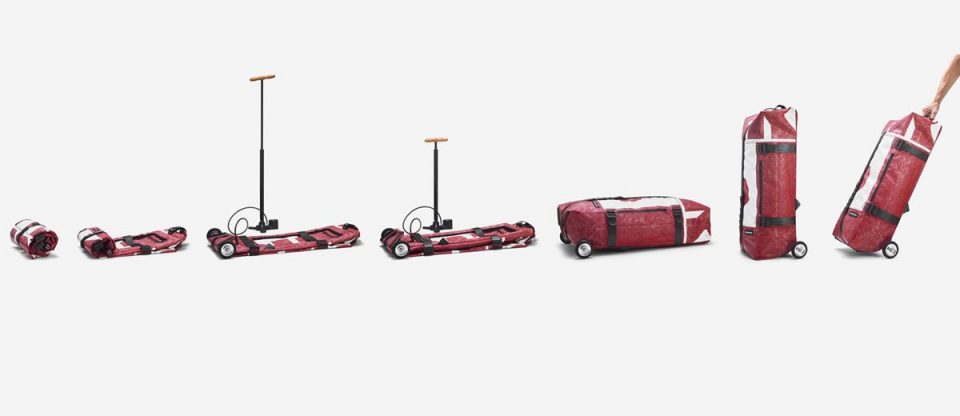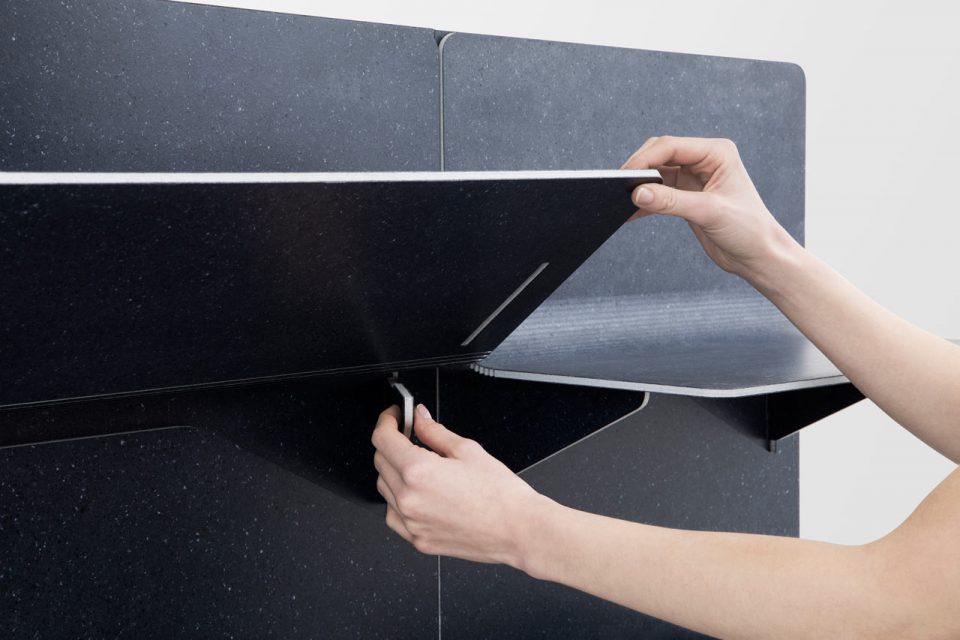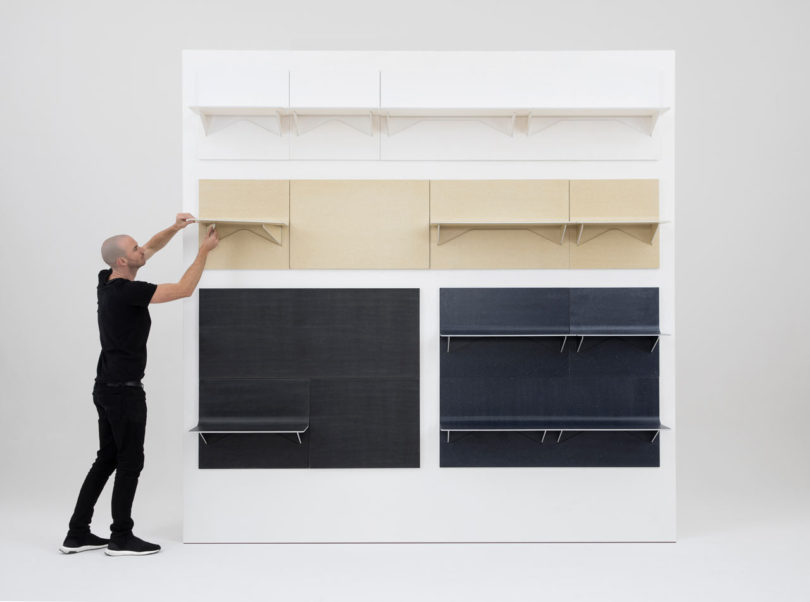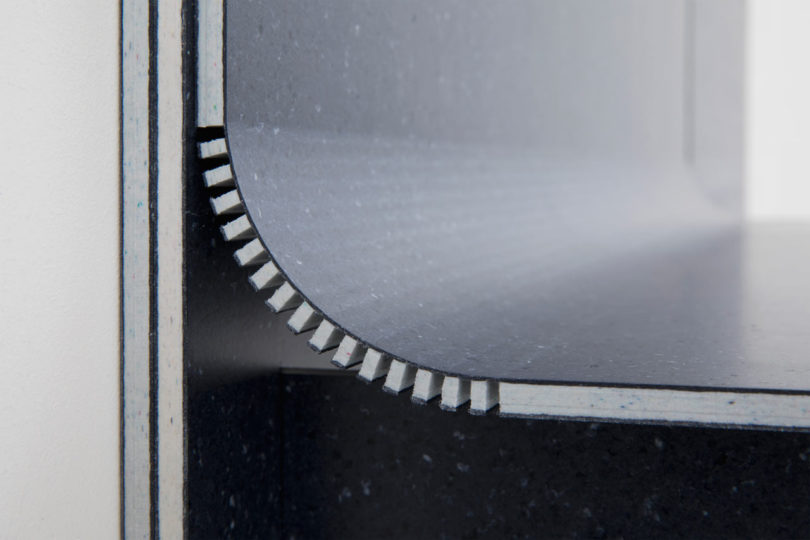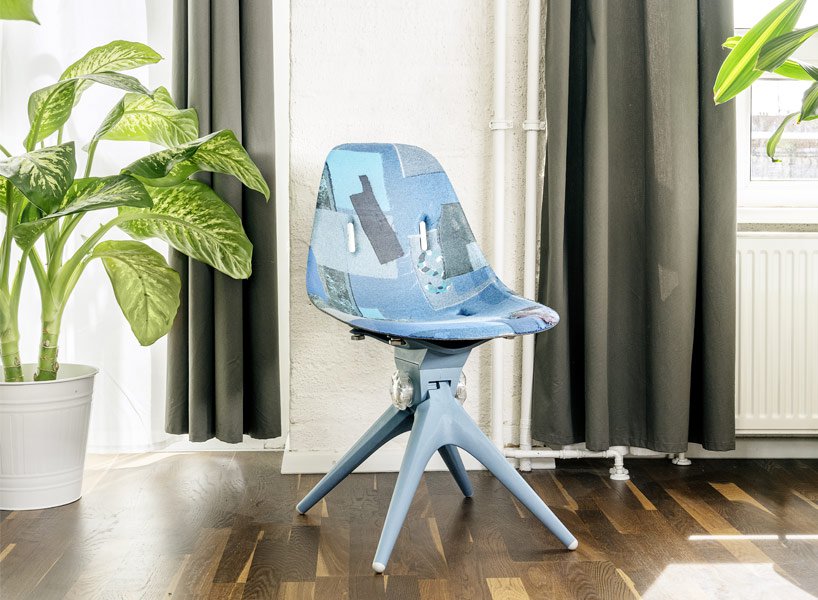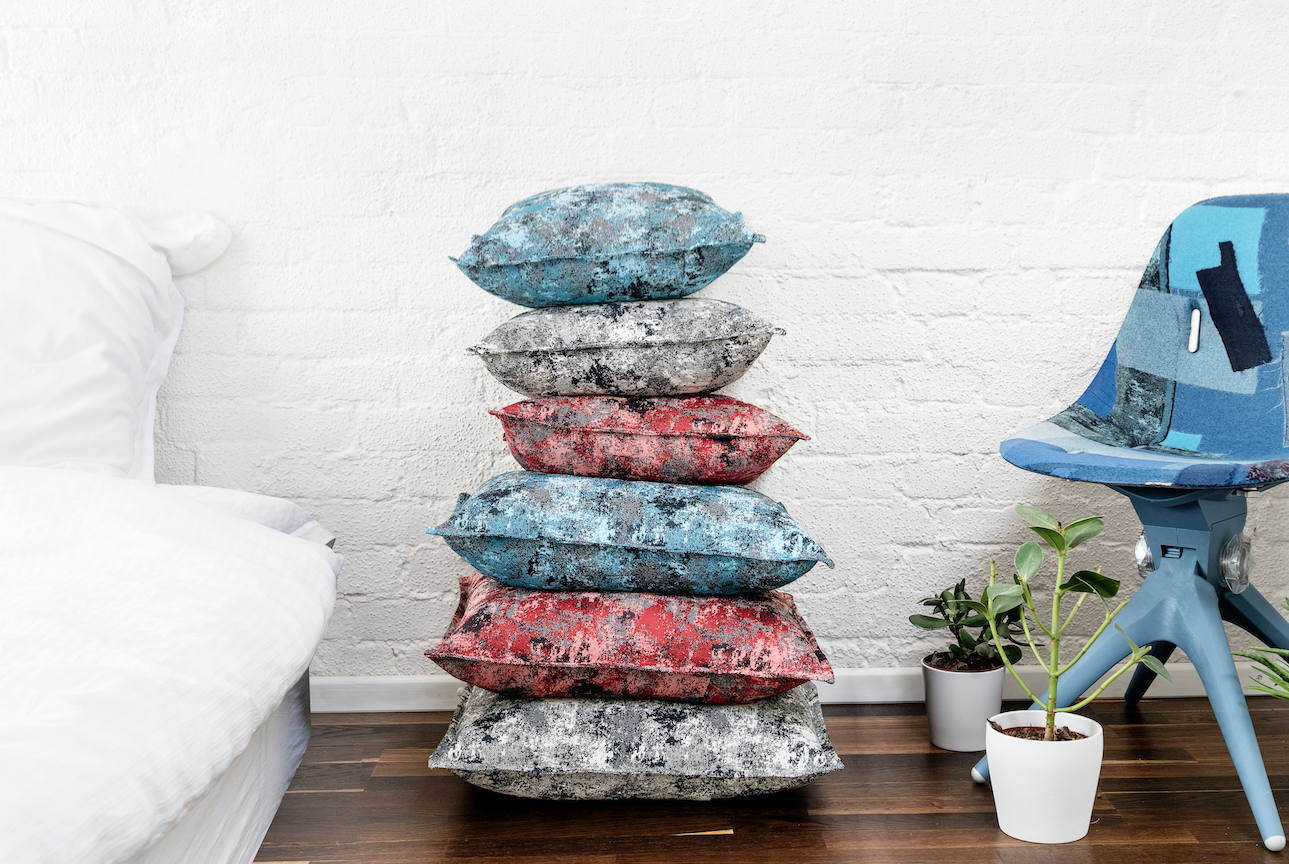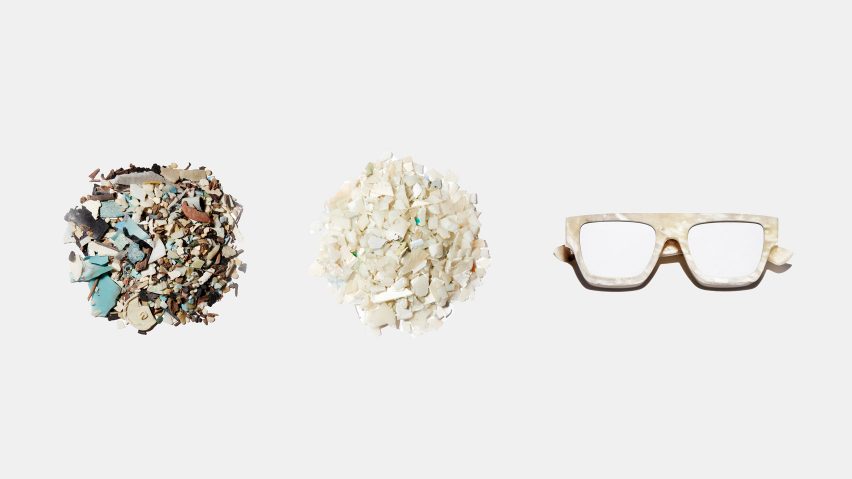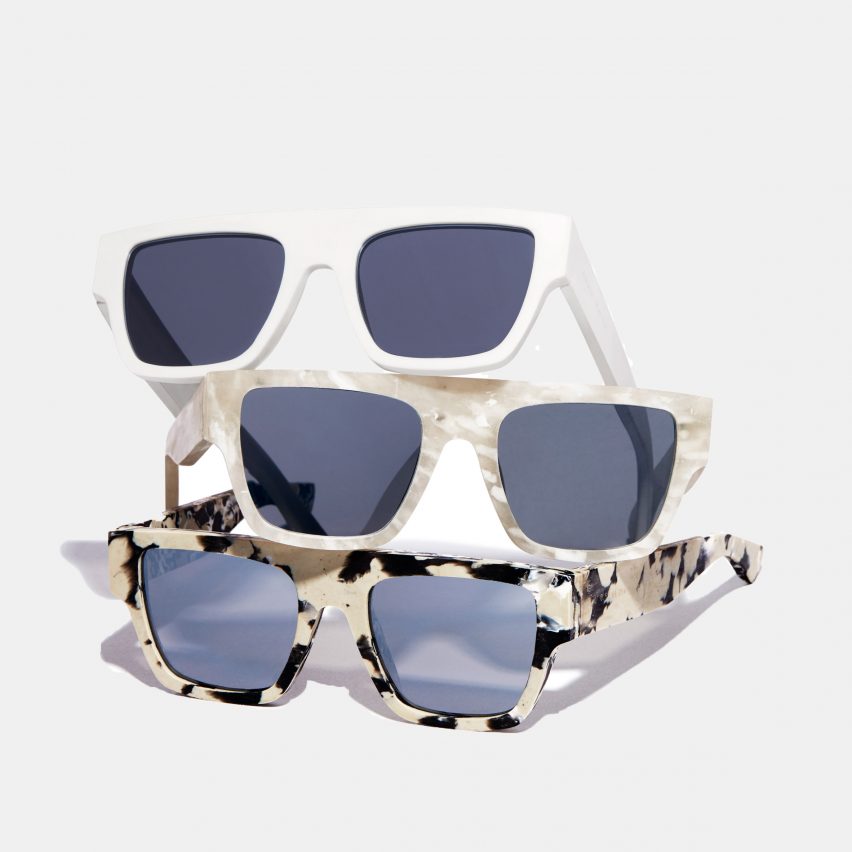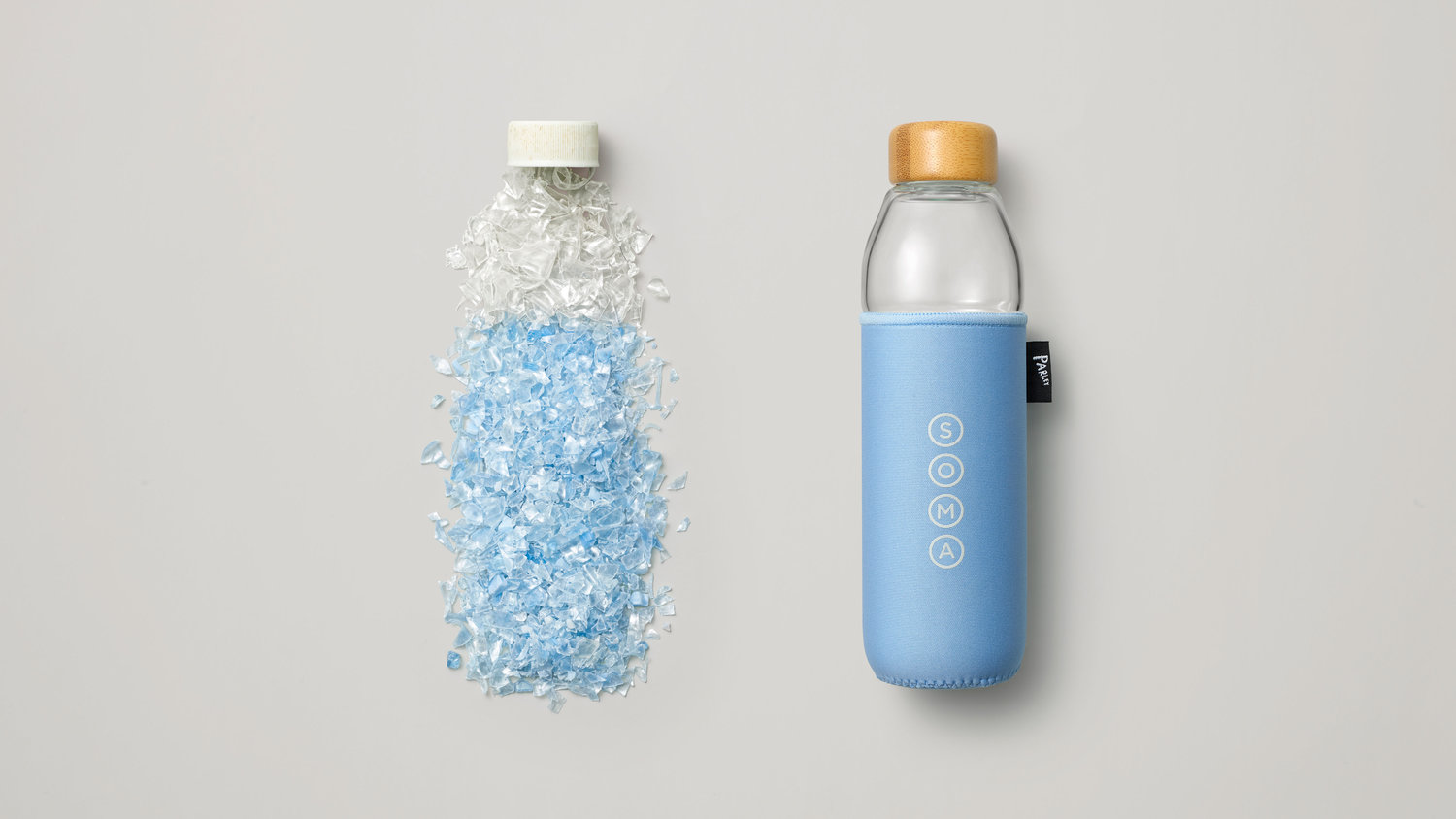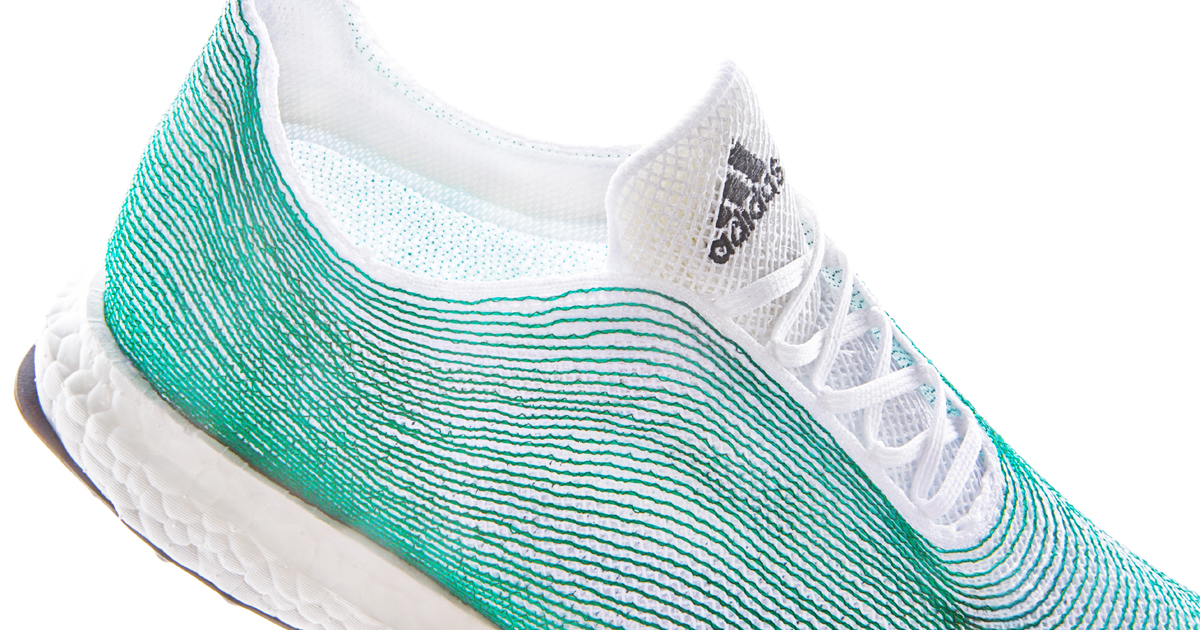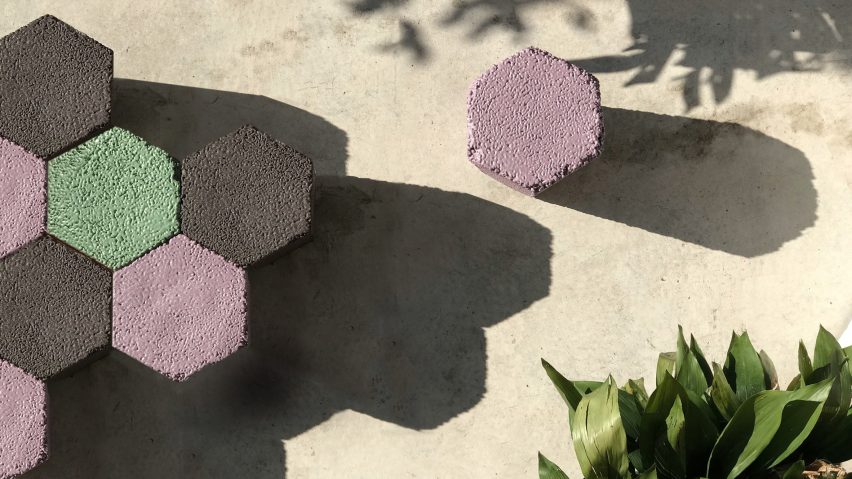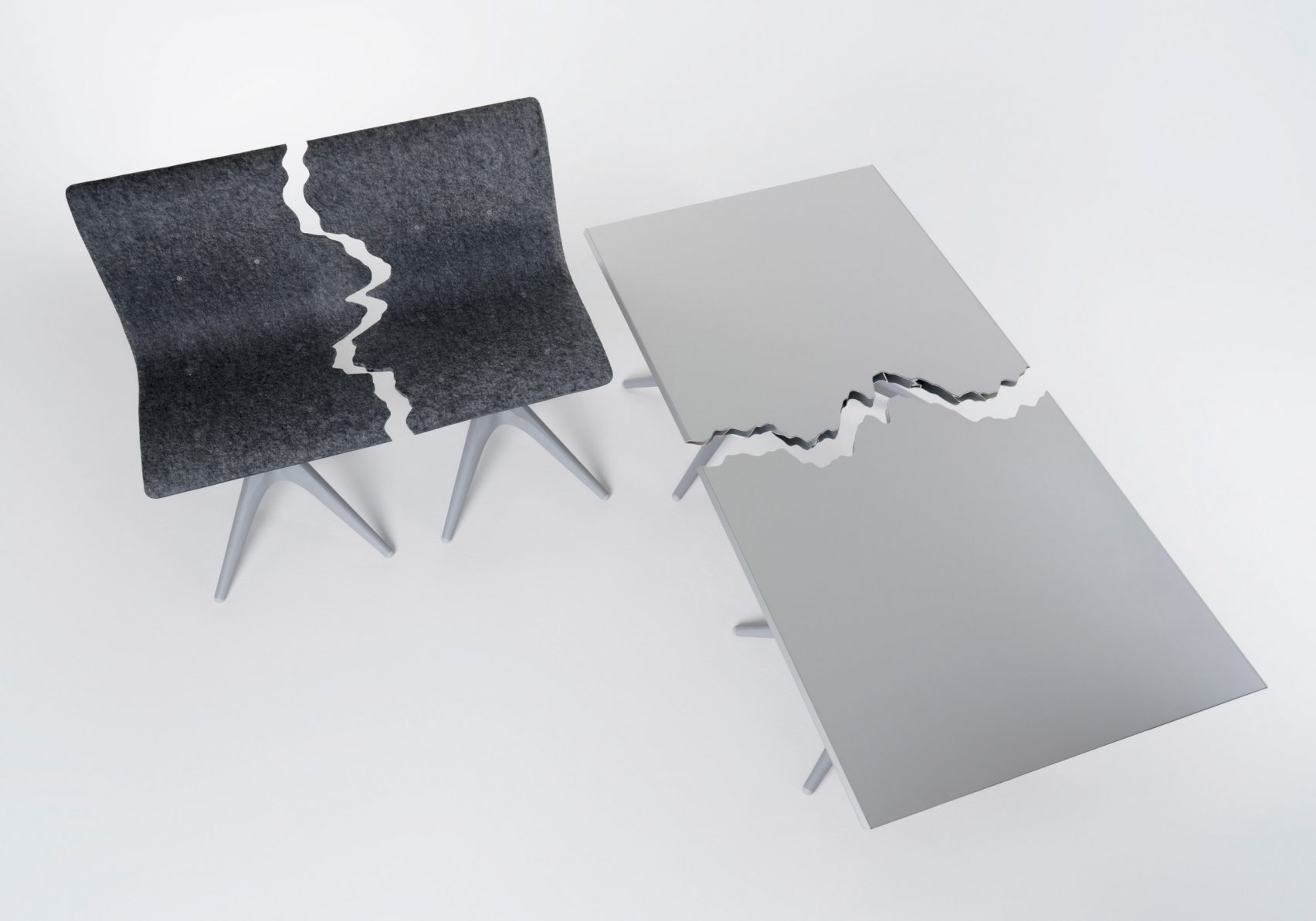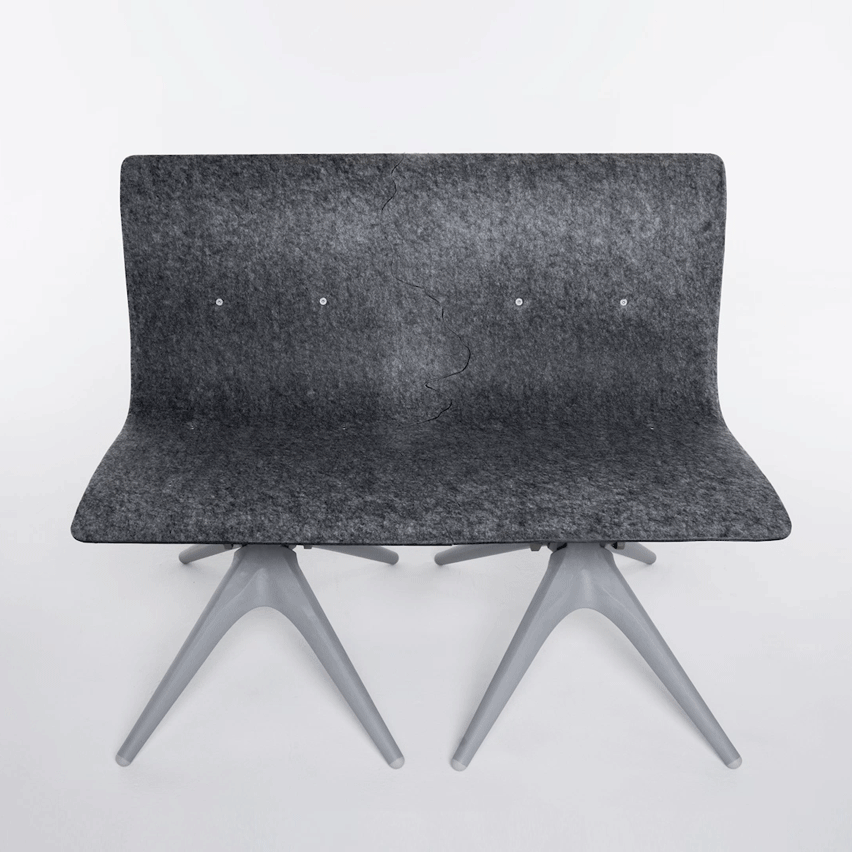There’s already more than enough plastic, glass and other materials in the world for all of our manufacturing needs – we just have to reclaim and recycle it instead of trying to bury it. For some designers, finding a way to spin trash into treasure is simply the only way forward as our natural environment is increasingly threatened by human activity. Creating closed-loop systems that not only use responsibly sourced raw materials but also account for where they end up when the product’s life has come to an end could make a huge impact, but the idea has to catch on within entire industries. These 13 projects, from sunglasses to pavilions, prove that sustainable design can be just as smart, useful and beautiful as its conventional counterparts.
SHIFT Flexible Shelf System Made of Upcycled Textiles
Upcycled textile maker Really? and Benjamin Hubert’s design studio LAYER present SHIFT, a flexible shelving system produced for textile manufacturer Kvadrat made from up cycled waste textiles from the fashion and textile industries. The wall system starts out as a flat acoustic panel, but just pull on the edges of each colored rectangle and pull the support tabs in place, and you’ve got surprisingly sturdy shelves. The system requires no hardware, machining grooves into the boards to make them flexible, retaining the characteristics of its source materials.
‘New Clothes’ Furnishing Collection by Pentatonic Made of Fashion Waste
Pentatonic, a furniture company turning trash into treasure with unique recycled collections, presents the ‘New Clothes’ series made of waste from the fashion industry. The range includes hangers, cushions, chairs, tables and accessories with a collaged look thanks to the company’s unique process of grouping hand-curated fabric scraps and transforming them into three-dimensional objects using thermal lamination.
4 Recycled Sea Waste Projects by Parley for the Oceans
Leave it to Parley for the Oceans, a project bringing creatives, thinkers and leaders together to end ocean destruction, to turn plastic cleaned from the water into all kinds of cool stuff. The organization teams up with big-name brands to transform this trash into consumer products people actually want to wear and use. Most recently, it collaborated with beer maker Corona to create ‘Clean Waves,’ a series of sunglasses made in Italy from the plastic the group harvests from the oceans and beaches they work to protect. New products in the ‘Clean Waves’ series are forthcoming.
Parley also worked with Soma to produce a reusable BPA-free glass bottle with a sleeve sourced from 90% ocean plastic, the equivalent of two plastic bottles. It’s exclusively available at Starbucks.
UltraBOOST is a series of three new sneaker designs from Parley x ADIDAS with an outer woven from 95 percent ocean plastic that has been made into yarn. The laces, heel lining, heel webbing and sock liners are all made of recycled PET plastic, too. Previously, Parley and ADIDAS collaborated on a 3D printed shoe made from collected plastic waste from the oceans, including gill nets.
“The industry can’t afford to wait for directions any longer. Together with the network of Parley for the Oceans, we have started taking action and creating new sustainable materials and innovation for athletes,” says Eric Liedtke, Adidas executive board member. “The 3D-printed ocean plastic shoe midsole stands for how we can set new industry standards if we start questioning the reason of what we create. We want to bring everyone from the industry to the table and create sustainable solutions for big global problems.”
Hexagonal Recycled Polystyrene Stools by Andreu Carulla
Designed by Andreu Carulla for El Celler de Can Roca, a world class zero-waste restaurant in Catalonia, the RR201 series of polystyrene stools is made from the expanded polystyrene boxes used by eatery to store and transport food. Notoriously difficult to recycle, the material is cleaned, shredded and compacted into a mould. Steam is injected to make the shreds bond together and expand into this hexagonal form. The entire process is carried out by hand, using low-tech tools like a pedal-operated grinder, using as little energy as possible.
Fractured Furniture Made of Waste by Pentatonic + Snarkitecture
Furniture company Pentatonic collaborated with Snarkitecture, a New York City design studio known for its clever minimalism, to produce the ‘Fractured’ duo of a modular bench and table made from recycled post-consumer waste. Each bench consists of 120 items of food packaging, 4 car bumpers, 45 aluminum cans and 240 plastic bottles. Each table is made of 140 food packaging items and coffee cup lids, six car bumpers and 1,290 cans. Both the bench and table pull apart at the center in a jagged line, creating either one large piece of furniture or two smaller ones.
Both pieces are made using Pentatonic’s patented AirTool system, which uses nitrogen-assisted injection moulding to produce lightweight hollow parts in a process similar to the one used to produce complex automobile components.
